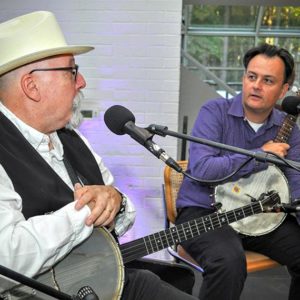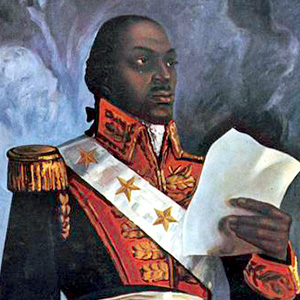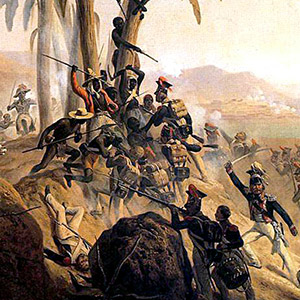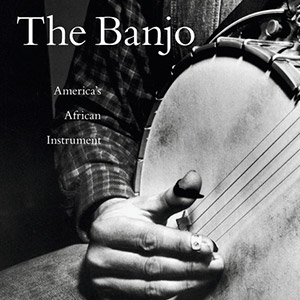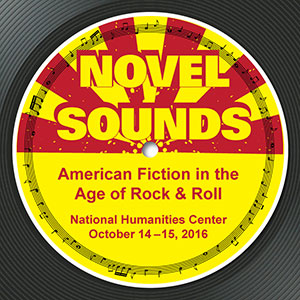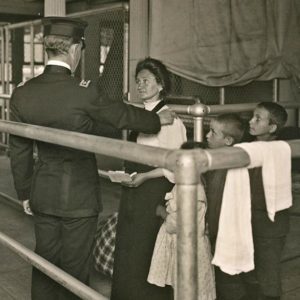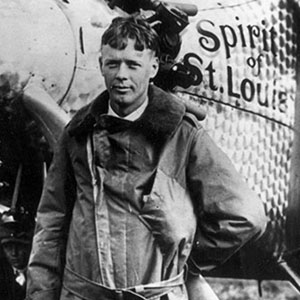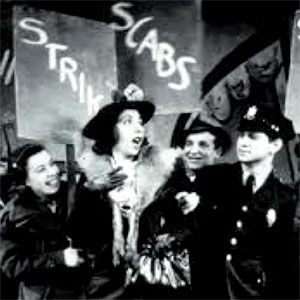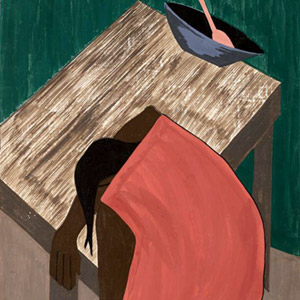
Celeste-Marie Bernier, “‘Lexicon of Liberation’: Imaging Slavery and Imagining Freedom in the African Atlantic Diaspora”
This talk will explore the writings, drawings, paintings, prints, and sculpture produced by African, African American, African Caribbean, and Black British women and men, enslaved and free, living and working across the Black Diaspora over the centuries. Living and dying against a white racist backdrop that sought to destroy Black bodies and souls, they generated alternative art-making traditions and experimental writerly practices that constitute nothing less than “declarations of independence.”
